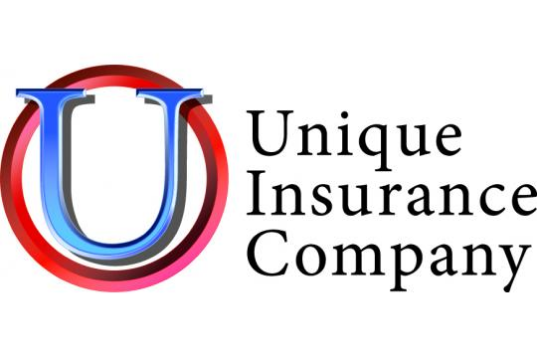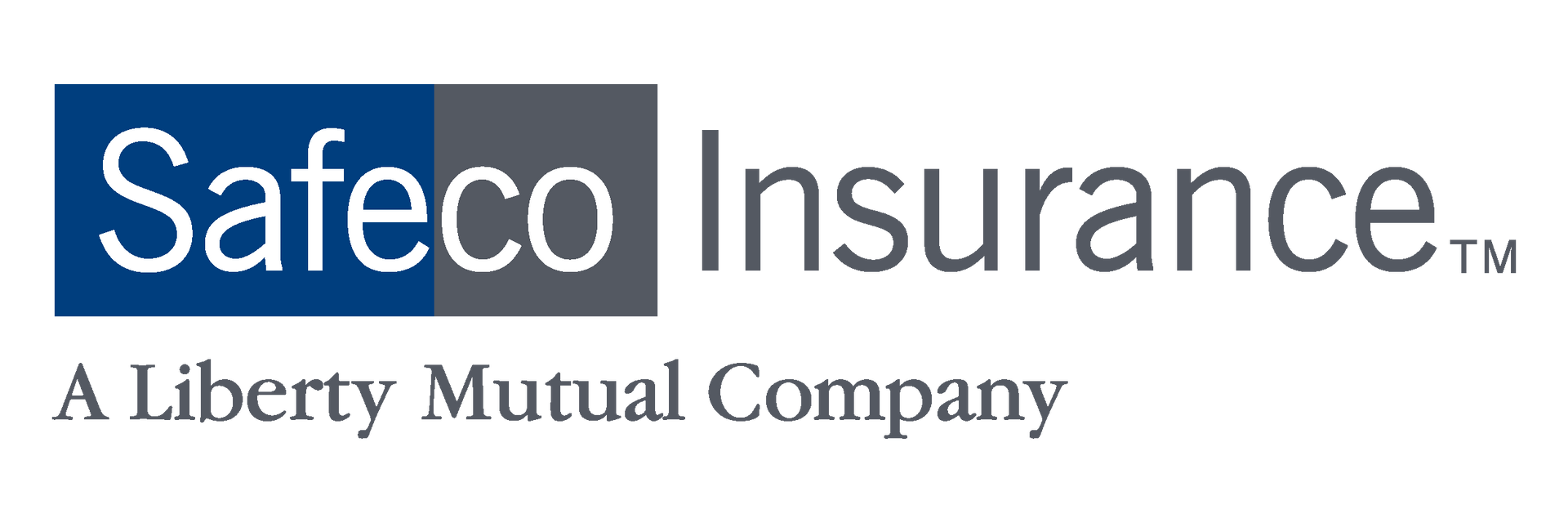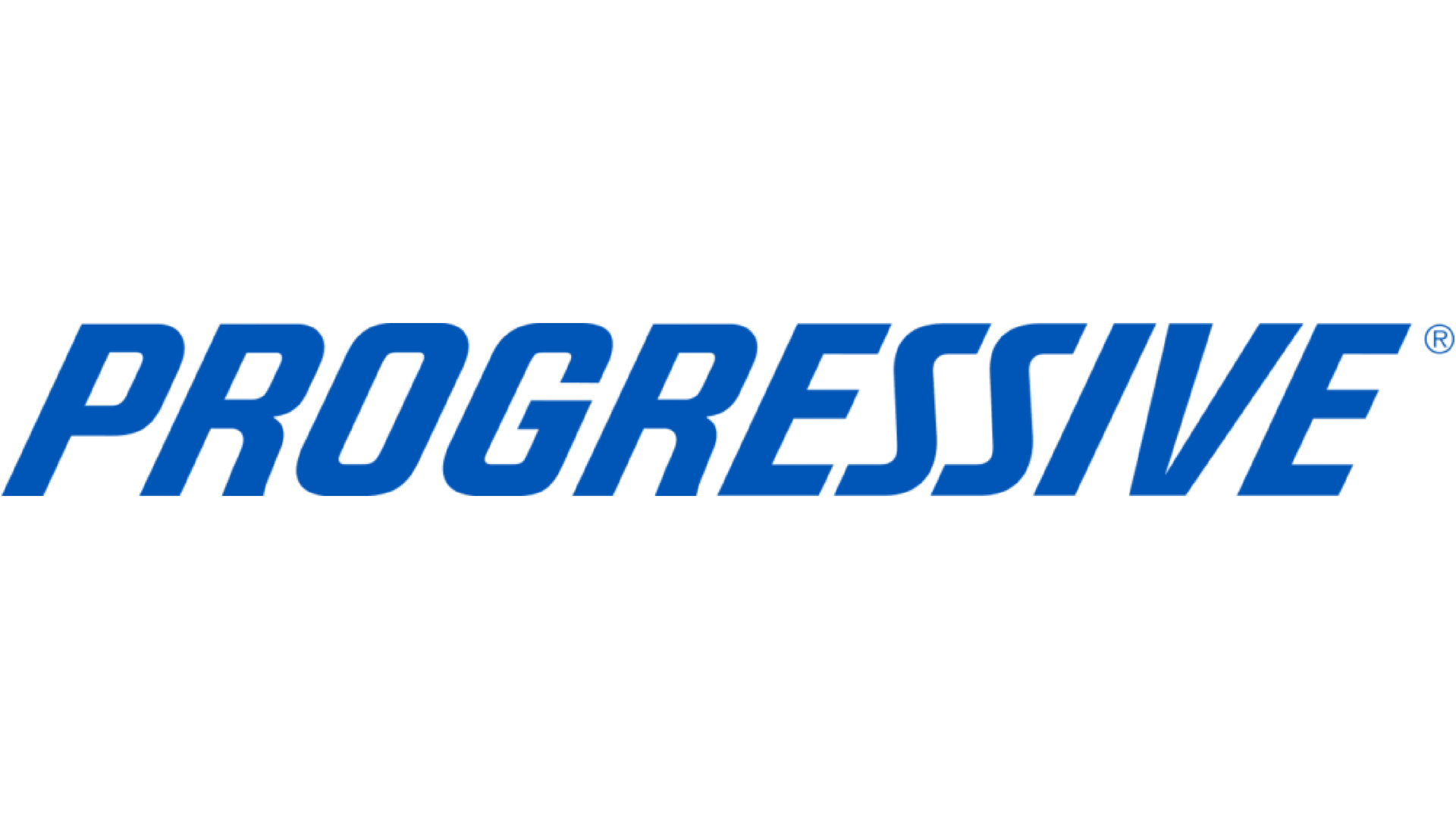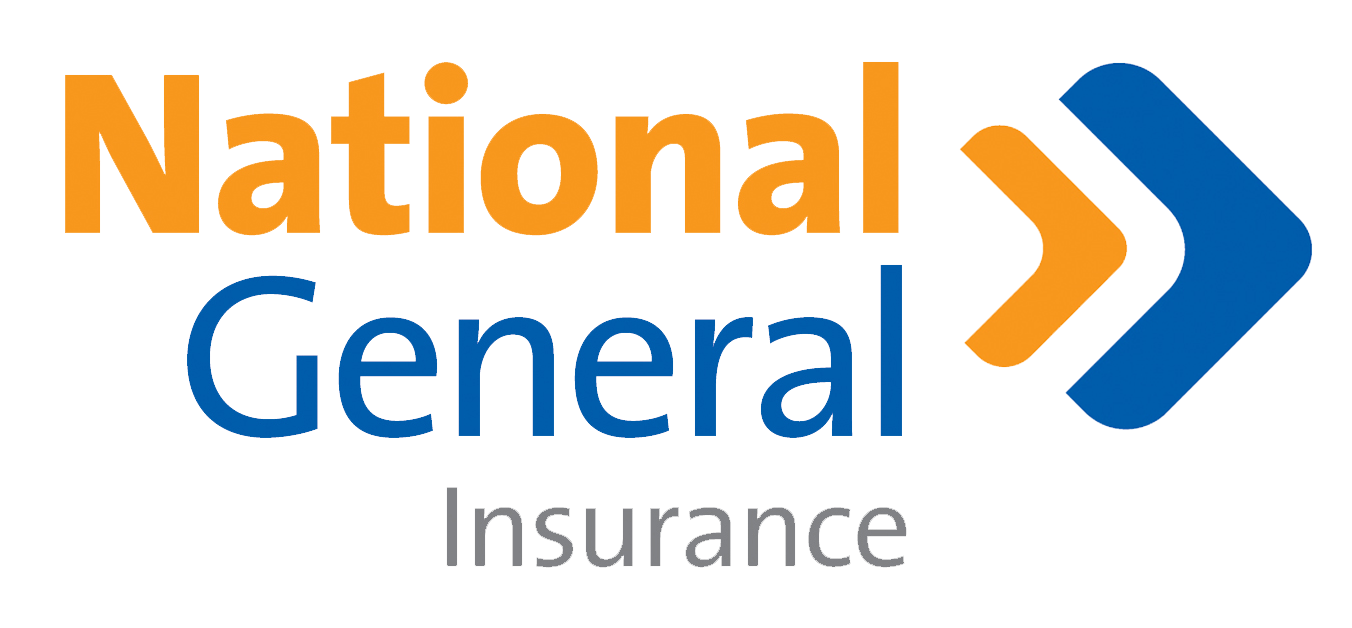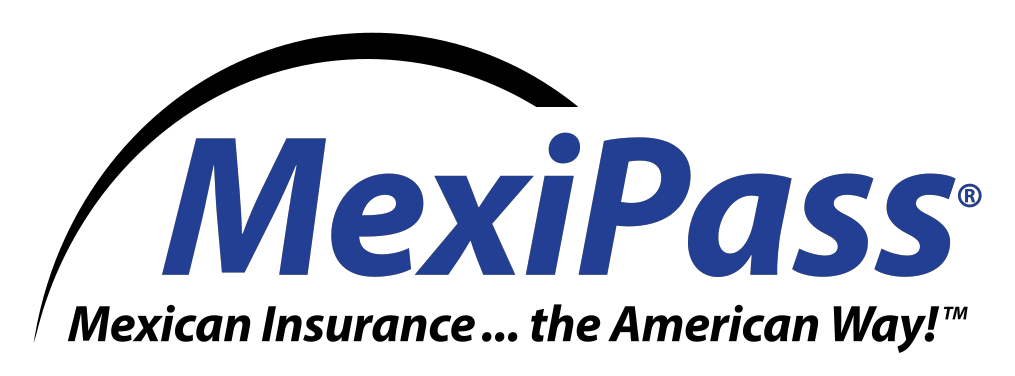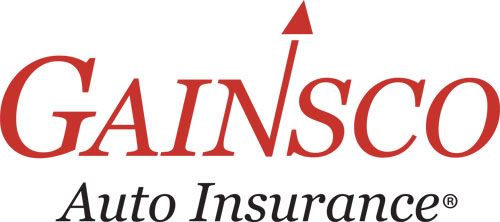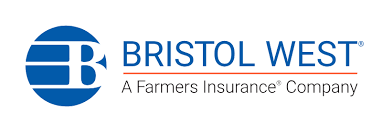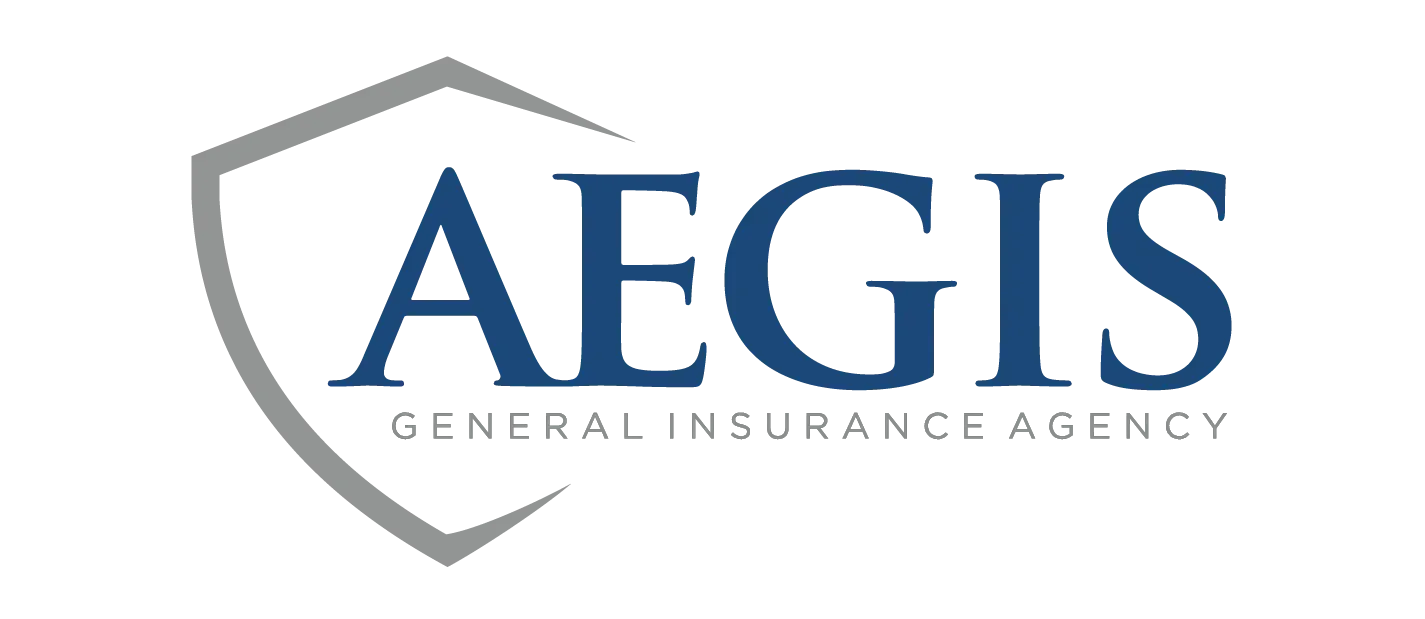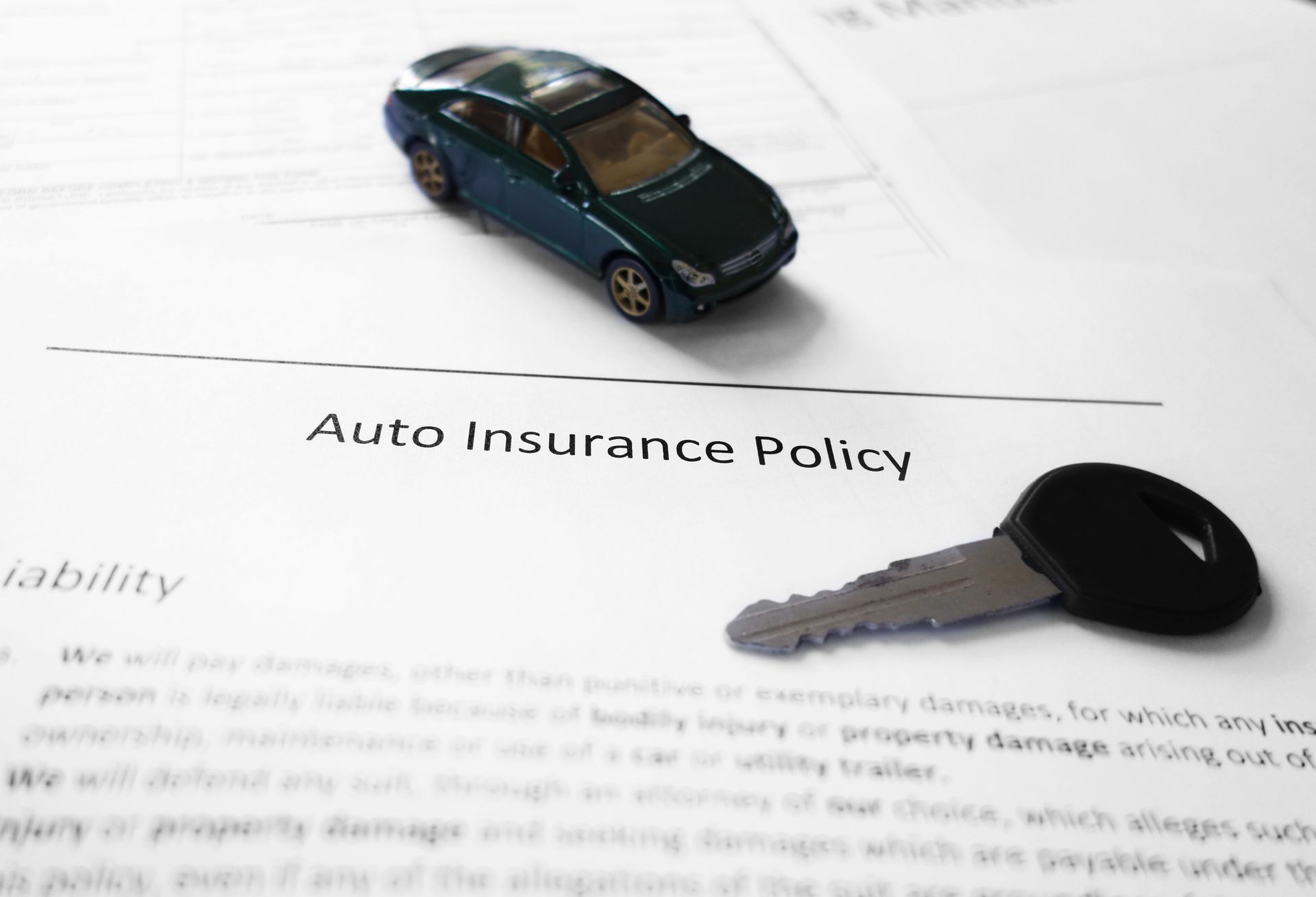Identifying Gaps in Your Auto Insurance Coverage
As a car owner, understanding the nuances of your auto insurance policy is crucial for ensuring that you are adequately protected against various risks. Many drivers purchase car insurance with the assumption that their coverage is sufficient, but it's not uncommon for gaps to exist. These gaps can leave you vulnerable to significant financial losses in the event of an accident, theft, or damage. This article aims to guide you through the process of identifying potential weaknesses in your auto insurance coverage.
Understanding Your Current Policy
Before you can identify gaps in your coverage, it is essential to have a clear understanding of your current auto insurance policy. Most policies consist of several different coverages, and each of these serves a different purpose. Liability coverage protects you against claims from injuries or damages to others, while collision and comprehensive coverage address damage to your vehicle. Uninsured/underinsured motorist coverage provides protection in case of an accident involving a driver with inadequate insurance.
Review your policy documents thoroughly to familiarize yourself with the specifics. Pay close attention to coverage limits and deductibles, as these factors significantly affect how much you will need to pay out-of-pocket in the event of a claim. Understanding your policy's terms and conditions will provide a solid foundation for identifying any gaps that may exist.
Analyzing Your Risks
Another critical step in identifying gaps in your auto insurance coverage is assessing the risks you face as a vehicle owner. Consider various factors such as your driving habits, the age and condition of your vehicle, where you park, and local crime rates. For instance, if you frequently drive in high-traffic areas or have a history of accidents, your risk of being involved in future incidents may be higher. Similarly, if you own a high-value vehicle, you might require additional comprehensive coverage to protect against theft or extensive damages.
Additionally, consider your lifestyle changes that may have occurred since you first acquired your policy. For example, if you've recently moved to a new location, your risk profile may have changed due to different traffic patterns or crime statistics. The more accurately you can assess your risks, the better equipped you'll be to determine if your current coverage aligns with your safety needs.
Reviewing Coverage Limits
After comprehensively analyzing your current policy and the risks you face, the next step is to evaluate your coverage limits. Insurance companies typically offer minimum coverage options, but these may not provide sufficient protection depending on various factors, including the value of your assets and your risk tolerance. It is advisable to consider whether your liability limits are adequate, particularly if you have significant assets that could be impacted in the event of a lawsuit following an accident.
Examine your comprehensive and collision coverage limits as well. In a scenario where your vehicle is declared a total loss, will your coverage sufficiently compensate you for the cost of a new vehicle? Evaluating these crucial factors will help you identify whether your current coverage limits are aligned with your needs and make necessary adjustments.
Assessing Discounts and Additional Coverage Options
Many insurance companies offer discounts that can enhance your coverage. For instance, bundling your car insurance with other insurance policies like home or renters insurance may result in substantial savings. Additionally, inquire about discounts if your driving record is clear, you have completed defensive driving courses, or you have installed safety features in your vehicle.
Moreover, explore optional coverage add-ons that may fill gaps in your insurance policy. Consider options such as roadside assistance for emergencies, rental car reimbursement during repairs, or gap insurance if you owe more on your vehicle than its current market value. These enhancements could provide a comprehensive safety net that many standard policies may lack.
Taking Action
Once you have thoroughly evaluated your current policy against your needs and risks, it is essential to take action based on your findings. If you identify gaps, reach out to your insurance provider to discuss potential adjustments to your coverage. Engaging with an insurance expert can also provide insights tailored to your specific circumstances, ensuring your auto insurance adequately protects you.
Remember that auto insurance is not a one-time decision but rather a continually evolving necessity. Regularly reviewing your coverage as your circumstances and the market change will ensure that you remain well-protected. By proactively identifying and addressing gaps in your auto insurance coverage, you can drive with confidence, knowing you're safeguarded against unforeseen events.
Contact us at George Gandy Insurance to learn more about getting car insurance.


